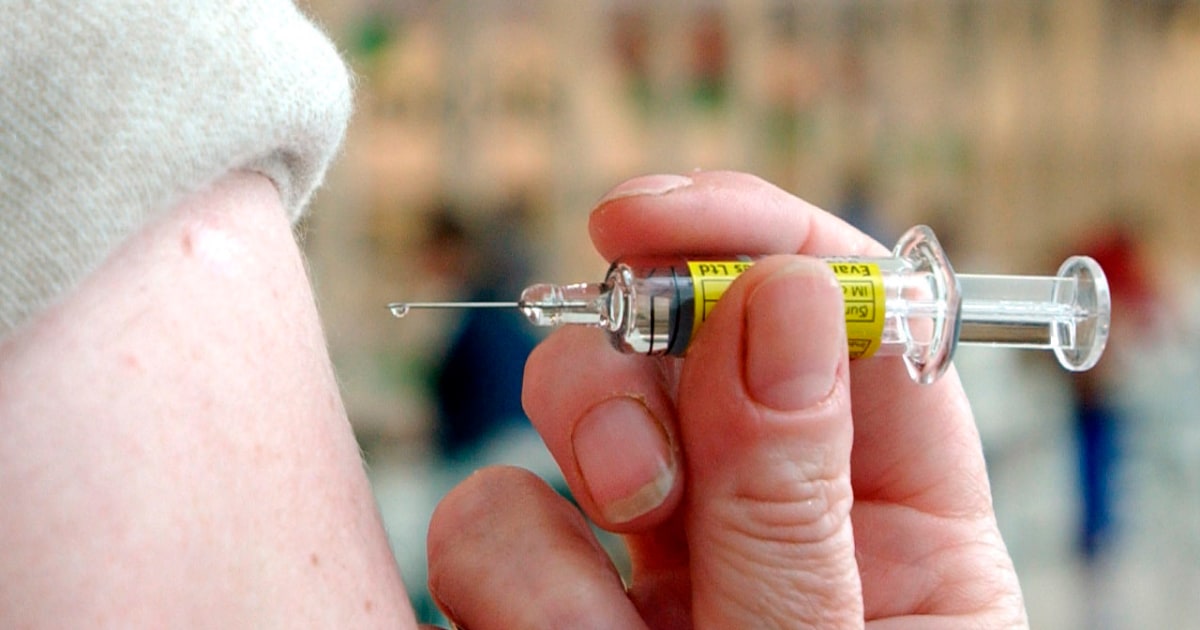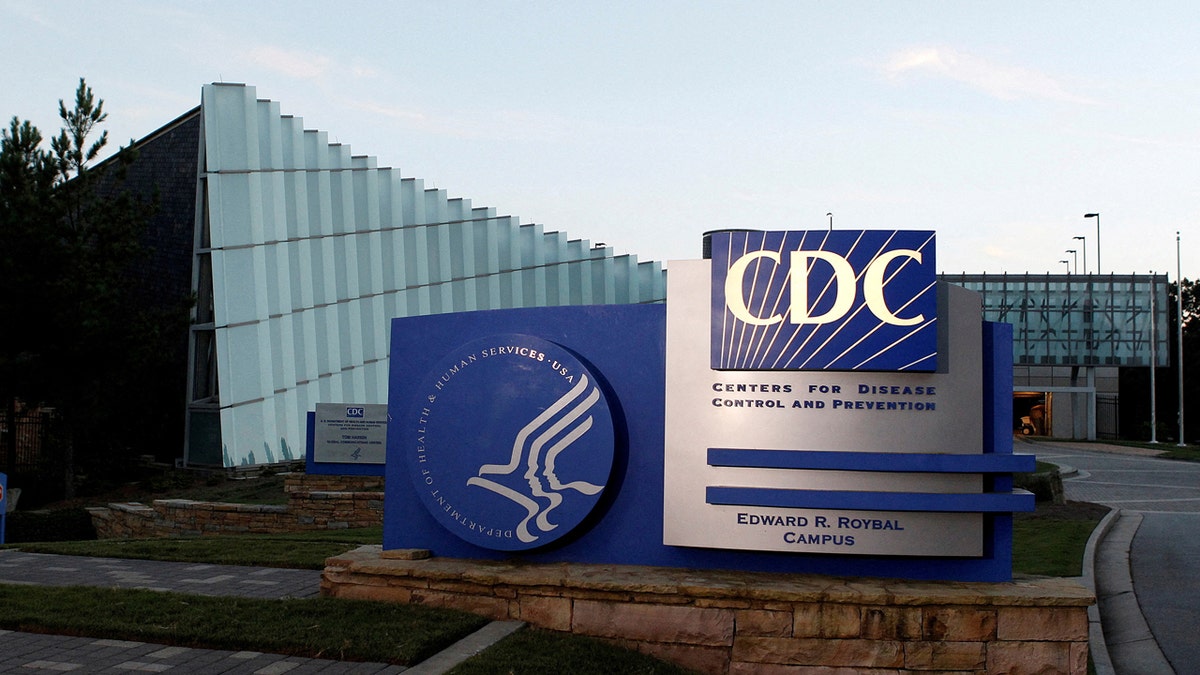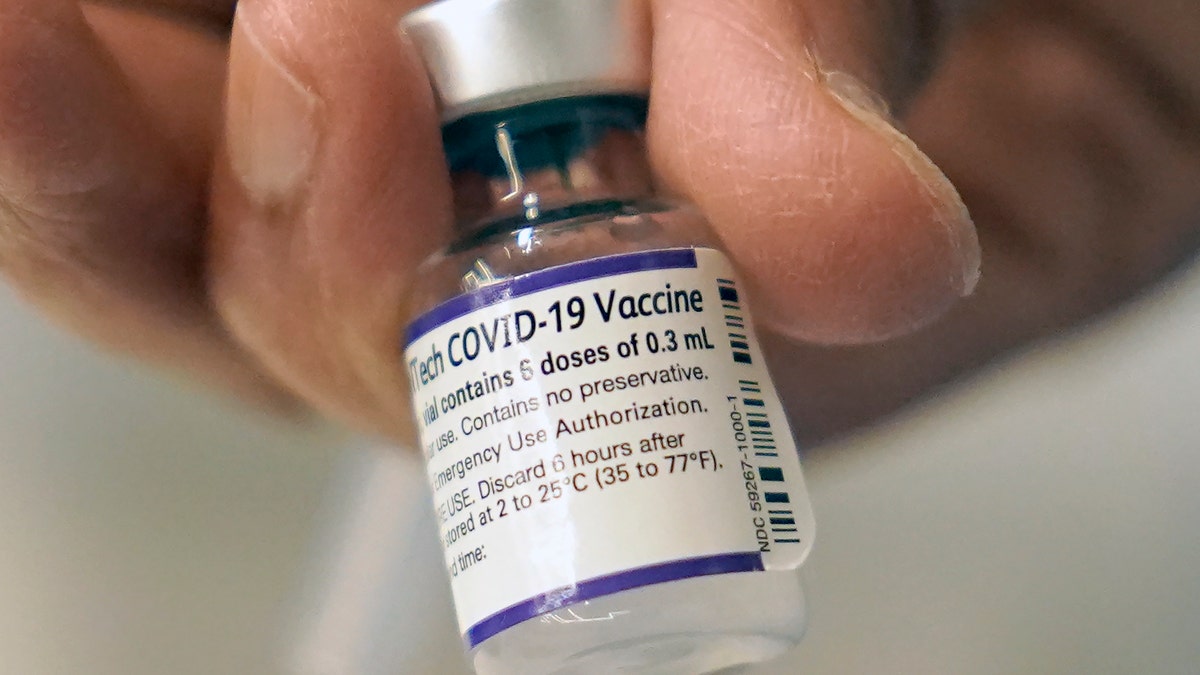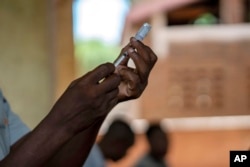
The Centers for Disease Control and Prevention is putting clinicians on alert about the growing risk of measles cases and outbreaks amid a global surge in transmission.
In an outreach message sent Thursday, the CDC told clinicians to look out for patients who have a rash accompanied by a fever and other symptoms of measles, as well as patients who have recently traveled to countries with ongoing measles outbreaks.
Between December 1, 2023, and January 23, 2024, there have been 23 confirmed measles cases in the US, including seven direct importations by international travelers and two outbreaks with more than five cases each, the CDC noted. Most of the cases were in unvaccinated children and teens.Measles outbreaks in the US are typically sparked by unvaccinated or undervaccinated US residents who pick up the infection abroad and then, when they return, transmit the disease to pockets of their communities that are also unvaccinated or undervaccinated.
Globally and in the US, vaccination rates against measles—via the measles, mumps, and rubella vaccine (MMR)—have fallen in recent years due to pandemic-related health care disruption and vaccine hesitancy fueled by misinformation.
"The increased number of measles importations seen in recent weeks is reflective of a rise in global measles cases and a growing global threat from the disease," the CDC's outreach message, titled "Stay Alert for Measles Cases," read.
According to data from the World Health Organization, the European region saw an over 40-fold rise in measles cases in 2023 as compared with 2022. The region tallied over 42,200 measles cases last year, compared with just 941 in 2022.
This week, the WHO reported a rapid escalation of measles cases in Kazakhstan (which the WHO considers part of the European region). Kazakhstan has recorded the highest incidence of measles cases in the region, with 13,677 cases in 2023. That corresponds to over 639 cases per million in the population. In the news release Tuesday, Kazakhstan's health minister reported that there are "currently 2,167 children in hospital with measles, 27 of them in a serious condition."
The outbreak is largely spurred by unvaccinated children who missed their routine immunizations during the pandemic. Sixty-five percent of the reported measles cases are in children under age 5, the WHO noted. The country is now trying to catch children up on their vaccines to curb the outbreak.
"Measles is highly infectious, but fortunately, can be effectively prevented through vaccination," WHO's Regional Director for Europe, Hans Henri P. Kluge, said in the news release. "I commend Kazakhstan for the urgent measures being taken to stop the spread of this dangerous disease."
Meanwhile, measles is flaring up in many other places. Last week, the UK Health Security Agency warned of the potential for an ongoing measles outbreak to spread. As of January 18, there were 216 confirmed cases and 103 probable cases in the West Midlands region since October 2023. Authorities warned that any areas with low MMR vaccination rates are at risk of an outbreak.
The vast majority of Americans have received their MMR vaccines on schedule. In this case, the two standard, recommended doses are considered 97 percent effective against measles, and the protection is considered for life. But anyone who is unvaccinated or undervaccinated is at high risk of infection in the event of an exposure. The virus can linger in air space for up to two hours after an infected person leaves the area, the CDC notes, and is highly infectious—up to 90 percent of unvaccinated people exposed will fall ill. Once infected, people are infectious from four days before the telltale measles rash develops to four days afterward.
Health - Latest - Google News
January 27, 2024 at 05:02AM
https://ift.tt/2M4Styv
Measles is “growing global threat,” CDC tells doctors in alert message - Ars Technica
Health - Latest - Google News
https://ift.tt/fX3c2Dq






